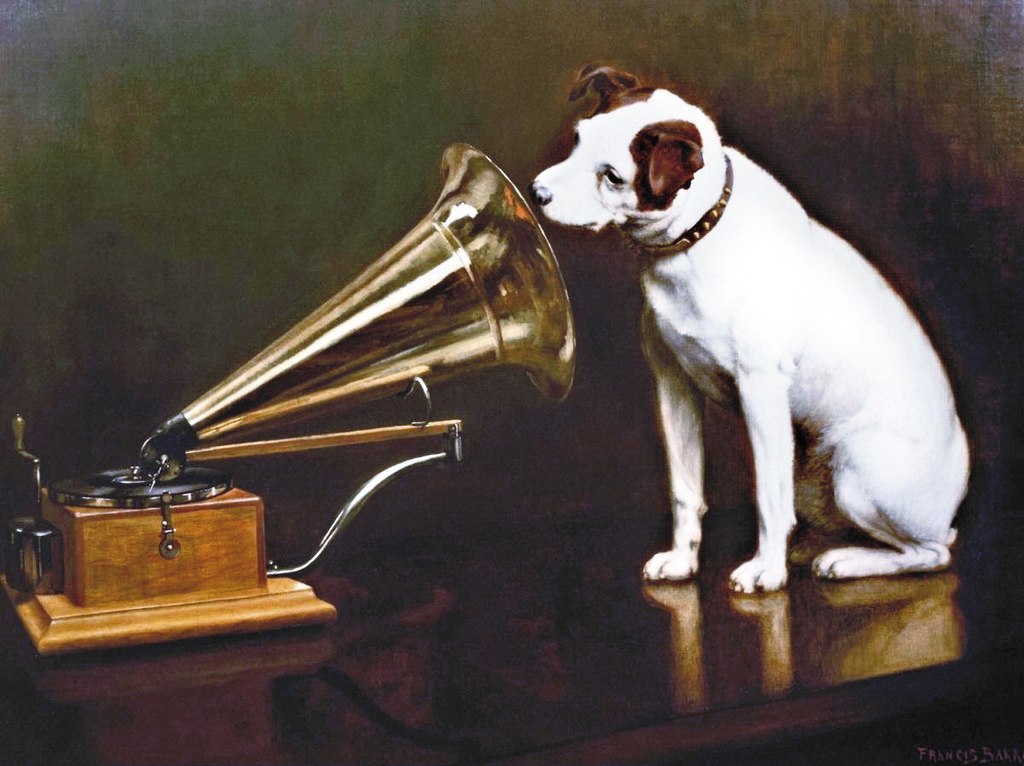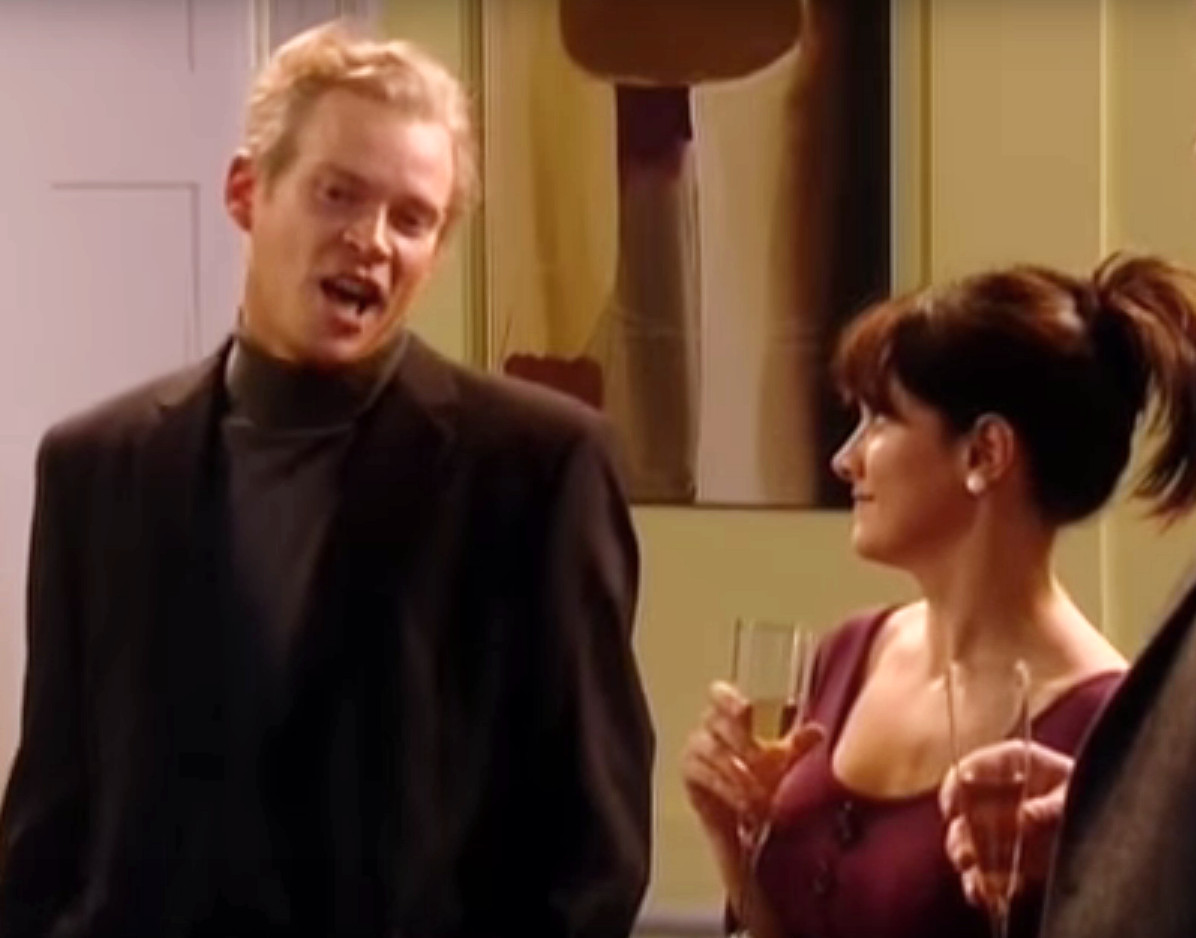Active Vocabulary
Blog Posts
Building vocabulary
Posted: 06/01/2020
My students very often ask, "What's the best way to learn vocabulary?" Sometimes the question is more specific: "I work hard to learn new vocabulary, but the new words don't stay in my memory. What can I do?"
Improving your active vocabulary on your own
Posted: 01/01/2020
Writing is a valuable way of practising the productive skills. When you write something, you have words on a page, so it's easier to analyse any problems that you might have. You can write free-form texts about anything you like, but you really need to be able to get feedback on your writing to get the maximum value from it.
Listening Practice: BBC videos from YouTube: Number 3
Posted: 19/11/2019
It's not exactly brain surgery!
What happens when a brain surgeon meets a rocket scientist?
Speaking of English: Number 1
Posted: 15/11/2019
Happy Xmas (War Is Over)
We're approaching the time when we start to hear those songs again – on the radio and even in the supermarket! Yes, it will soon be Christmas – or should that be "Xmas"?
From the horse's mouth: Number 2
Posted: 13/11/2019
Let's make a start!
In this week's dialogue, it's Monday at the office and team leader Julie is chairing the weekly progress meeting. But it's difficult to get the meeting started!
Listening Practice: BBC videos from YouTube: Number 2
Posted: 10/11/2019
The man who rides a floating bike
A London man who has a very individual way to help to clean up the environment.
From the horse's mouth: Number 1
Posted: 07/11/2019
Talking about talking
In these occasional blog posts, I’ll be talking about colloquial language, idioms, cultural references (such as TV) and other ‘bits and bobs’ that make up the English that you’ll hear in the streets, in the shops, in cafes, pubs and restaurants, in schools and universities, and in other social contexts.
Listening Practice: BBC videos from YouTube: Number 1
Posted: 01/11/2019
Seagull sandwich thief
Videos from the BBC’s YouTube channel are a really good resource for learners and improvers of English. I often use them in my classes. Here is one example. I’ve produced a transcript, which you can find in my blog, here.







